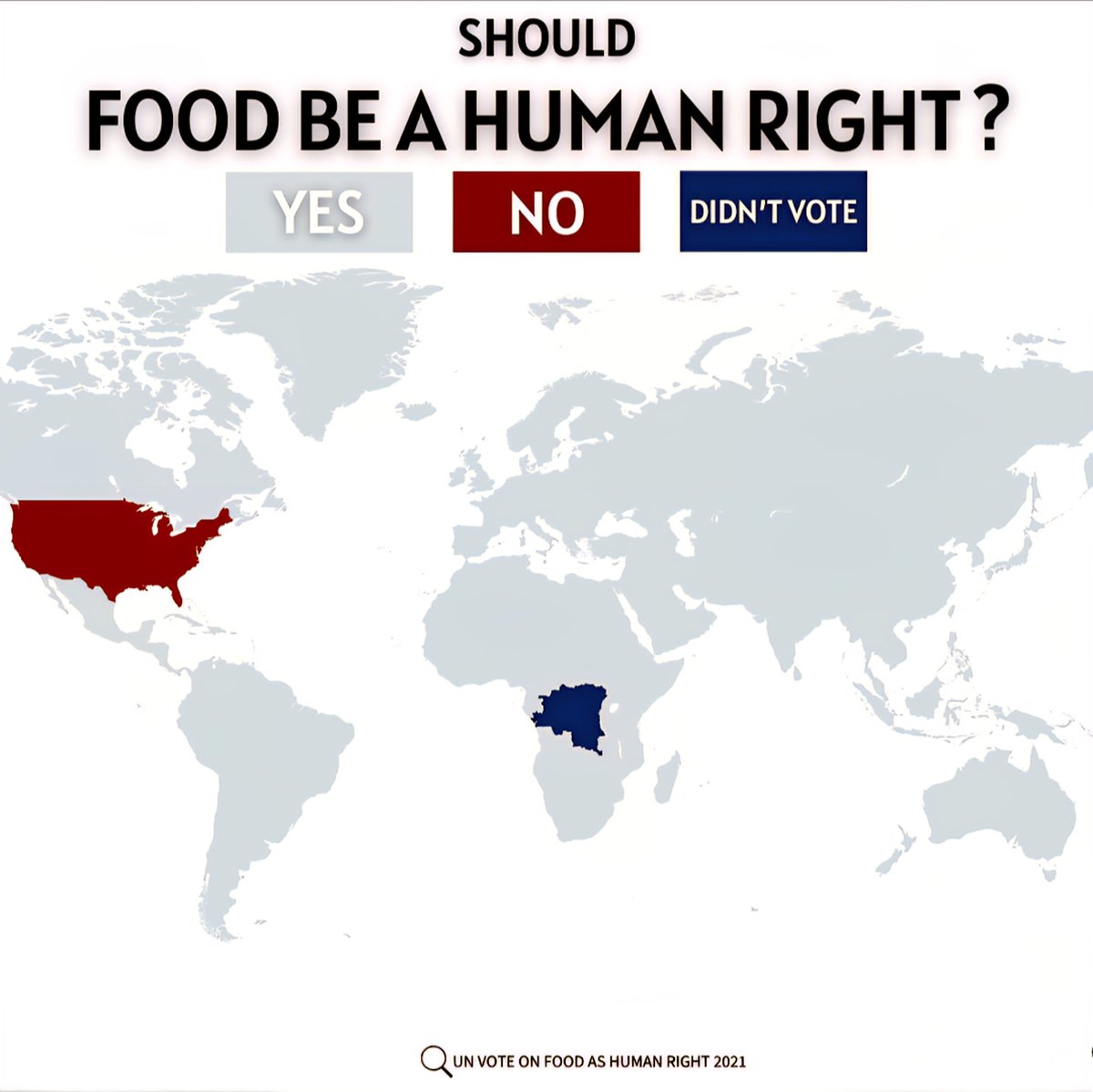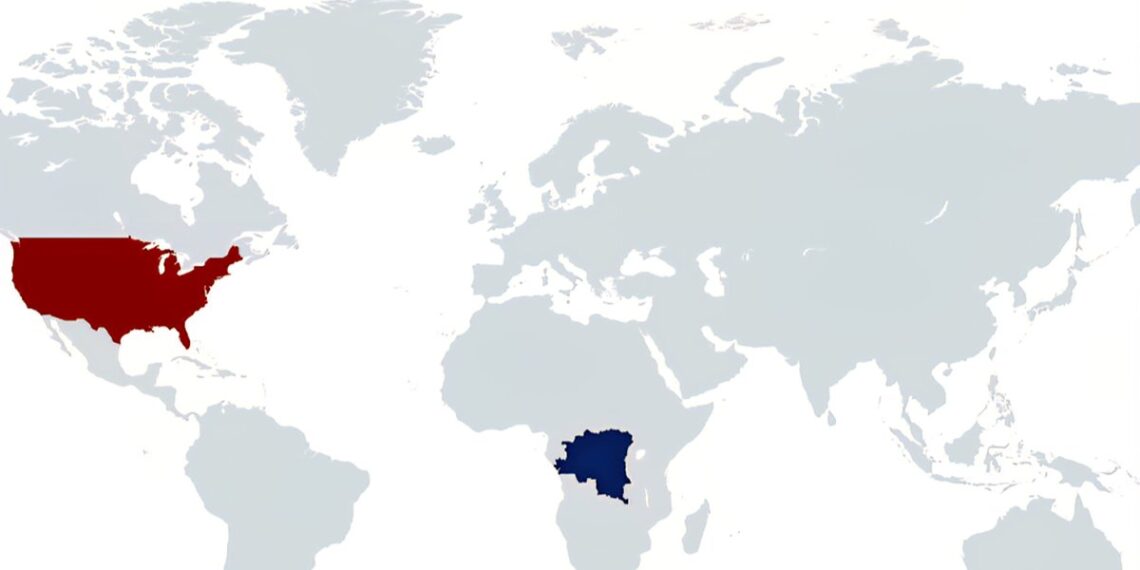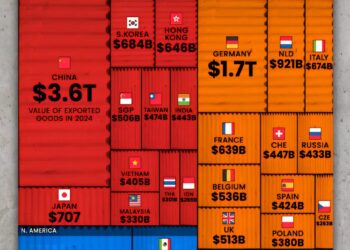Select Language:
Recognizing Food as a Fundamental Human Right in 2025

1. Governments Worldwide Endorse Food Security as a Core Human Right
In 2025, an increasing number of nations are officially recognizing access to sufficient, safe, and nutritious food as a fundamental human right. Global leaders have integrated this principle into national policies, emphasizing that no individual should suffer from hunger regardless of socioeconomic status. This shift signifies a commitment to eliminating food insecurity by ensuring equitable distribution and access through comprehensive social welfare programs and sustainable agricultural practices.
2. Major International Agreements Tighten Focus on Eradicating Hunger
International organizations like the United Nations and the World Food Programme have intensified their efforts this year, advocating for more aggressive measures to combat hunger. The adoption of new treaties and resolutions underscores an urgent push for global cooperation in eradicating extreme poverty and food shortages. Countries are now held accountable for implementing policies that prioritize nutrition and food rights, fostering a more unified approach toward ending hunger by 2030.
3. Innovative Food Security Initiatives Transform Access in Marginalized Communities
In 2025, innovative programs are revolutionizing food access in historically underserved areas. Urban farming initiatives, mobile markets, and community-supported agriculture networks are expanding rapidly. For example, cities across the United States are investing in green rooftops and vertical farms to provide fresh produce within city limits, reducing food deserts and making healthy food more accessible to low-income neighborhoods.
4. Technology Powers the Fight Against Food Scarcity
Advancements in technology are playing a crucial role in ensuring food rights. Precision farming, drone monitoring, and data analytics are employed to optimize crop yields and reduce waste. Digital platforms are also connecting farmers directly with consumers, bypassing middlemen and lowering costs. This democratization of food supply chains helps minimize disparities and provides vulnerable populations with reliable access to nutritious options.
5. Policy Reforms Emphasize Sustainable and Ethical Food Systems
In 2025, nations are increasingly prioritizing sustainable agriculture and ethical food production. Policies now incentivize environmentally friendly farming methods, reduction of food waste, and fair labor practices. These reforms aim to create resilient food systems capable of supporting growing populations while safeguarding the planet’s ecosystems. Governments also support local food production to strengthen community resilience and reduce reliance on import-dependent markets.
6. Education and Awareness Bolster Food Rights Movements
Raising awareness about food rights has become a central pillar of global campaigns this year. Educational initiatives focus on empowering communities to advocate for access and rights, driving policy changes from the grassroots level. Public awareness campaigns highlight the importance of food sovereignty and challenge discriminatory practices that hinder equitable access.
7. Private Sector Engagement Accelerates Progress
In 2025, the private sector is increasingly involved in the fight against hunger. Corporations are adopting responsible sourcing standards, investing in sustainable agriculture, and supporting non-profit initiatives aimed at food security. Public-private partnerships are emerging as effective mechanisms to mobilize resources, innovate supply chains, and expand access to nutritious food worldwide.
Summary: A Global Movement Toward Food Justice
The recognition of food as a human right has gained momentum worldwide in 2025, aligning policies, technology, and community-driven efforts to combat hunger. As nations prioritize equitable and sustainable food systems, the future looks promising for millions of individuals striving for nourishment and food sovereignty. Continued collaboration across sectors is essential to realizing the vision of a world where no person goes hungry.
(Image credits: Twitter/@user)






